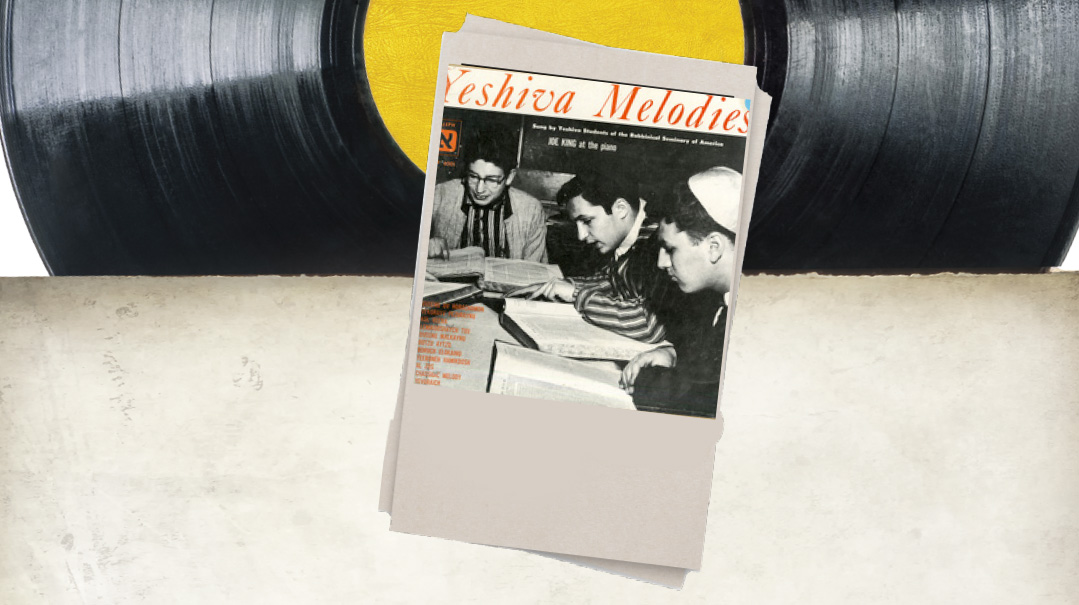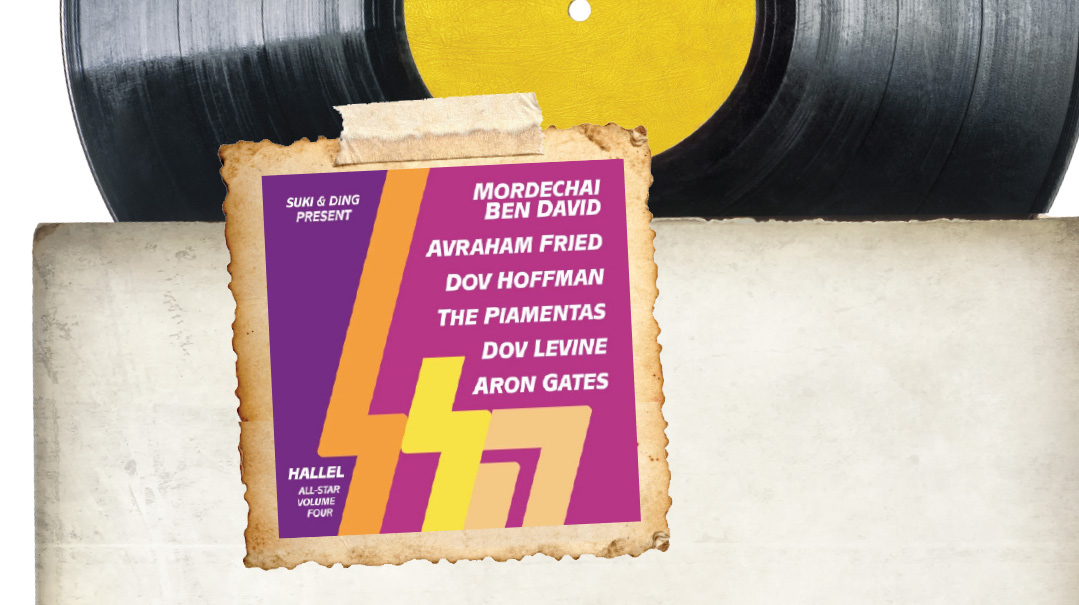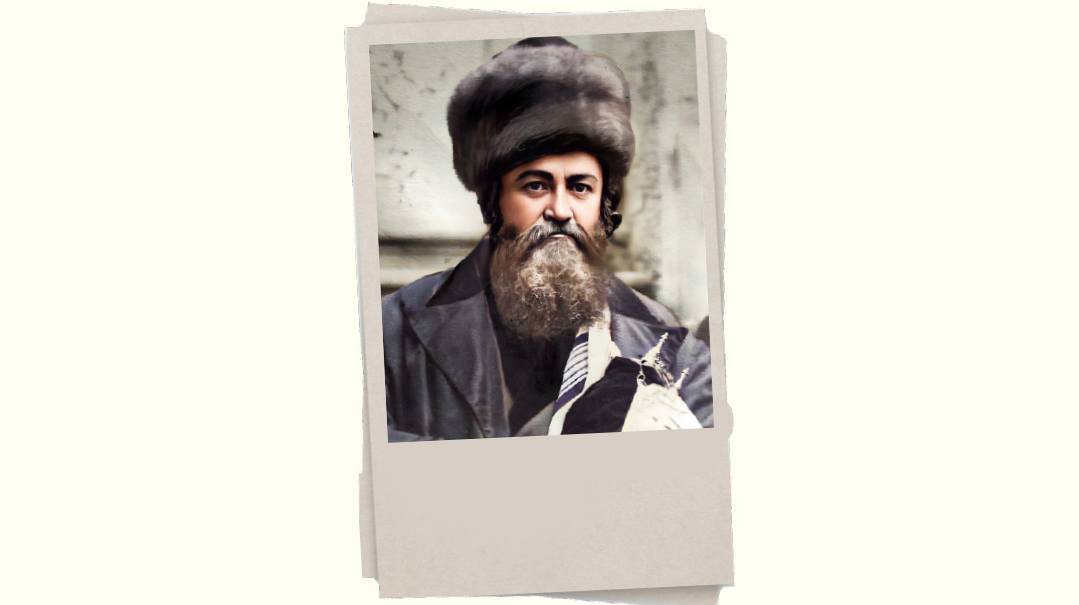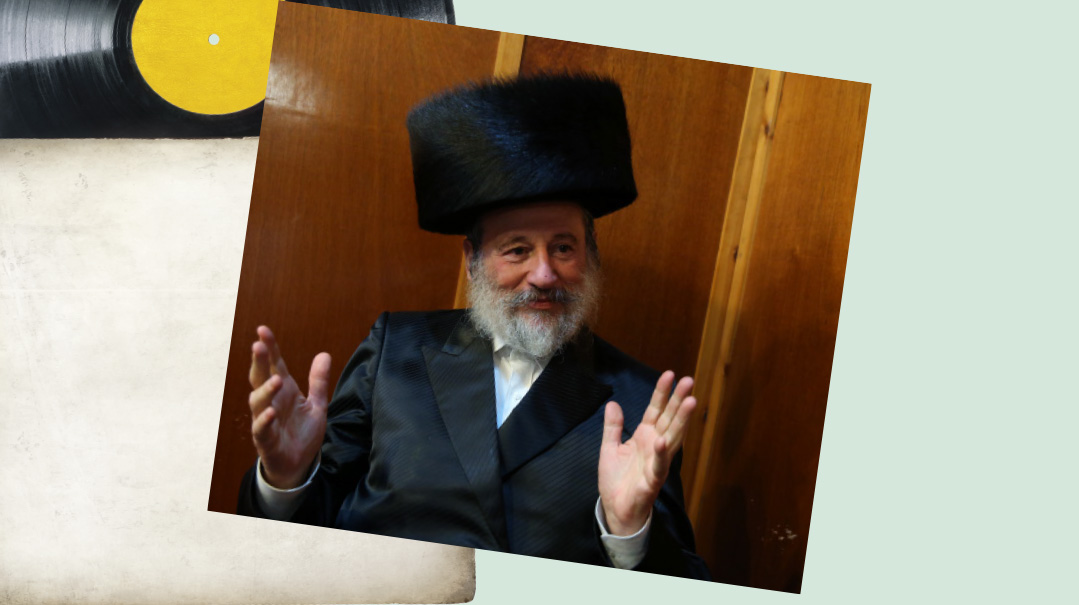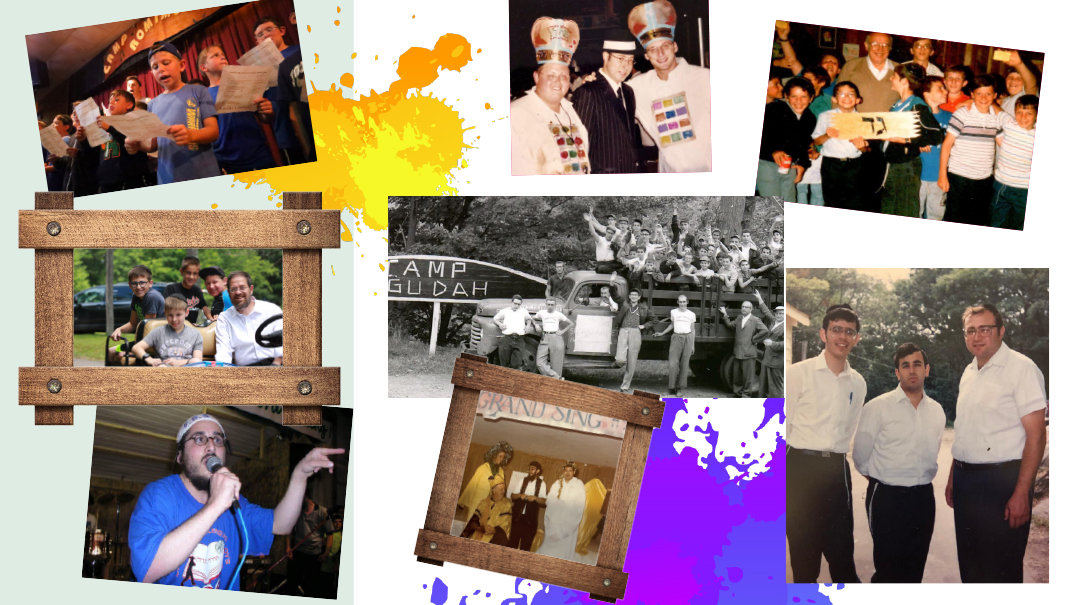FEELING LEFT OUT

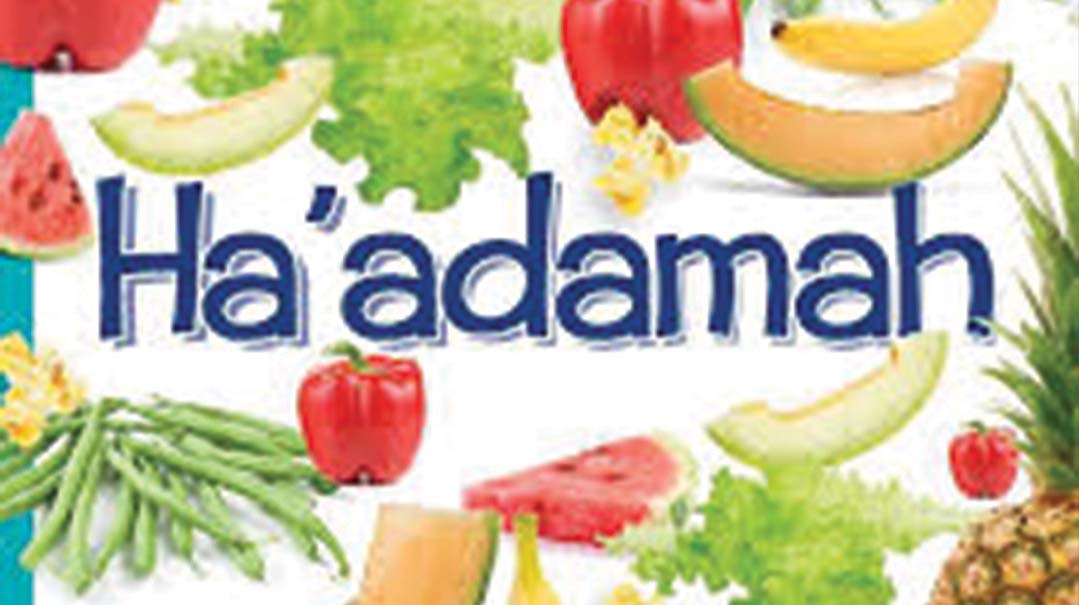
Over many years of producing recordings and concerts, I’ve come across a fair share of halachic conundrums that had to be addressed. The most common sh’eilah in the music business is, “Can we do a concert in a non-Orthodox temple?” Another one I’ve often heard is, “Do we have to use a complete a pasuk in a song, or can we use just a part of it?” Then there’s the question, “Can we hire a non-religious musician for a Motzaei Shabbos event, assuming he’ll drive on Shabbos?”
Back in 1983, we were in the middle of doing the vocals on the second Uncle Moishy album, recording “The Brocho Song,” when our first sh’eilah came up. The lyrics that we composed included five of the brachos we make on food – hagafen, hamotzi, mezonos, ha’eitz, and shehakol. . In actuality, there are six (ha’adamah). To be honest, I didn’t see a problem with that. But Zale Newman questioned only putting only five of the brachos into the song and leaving one out. In the end we decided the question warranted an official psak, to be posed to a rav.
I drove over to Yeshivah Torah Vodaath and went to ask Rav Belsky ztz”l the question. I remember clearly how he was standing in the middle of the beis medrash, at the bimah, and I approached him and said, “Rebbi, I have a question. Can we do an Uncle Moishy song about making brachos on food, and mention only five of the six food brachos?”
Without missing a beat, Rav Belsky asked me, “Which brachah did you leave out?” I answered that the brachah I had left out was ha’adamah, but that I could change it to a different brachah if it was important. Then Rav Belsky asked me, “And how do you think ha’adamah is going to feel?” I gave a smile and a small laugh. He looked at me with a stern face and said, “I’m not joking! Do it over.” I looked at him in bewilderment, not having anticipated that answer. He repeated himself. “Do it over. And include all the brachos.”
Of course, we did it over.
From that moment on, Suki, Zale and I realized that taking on the responsibility of teaching children was no small matter and that we must be extra cautious when producing a children’s album.
In fact, one of Jerusalem’s tzaddikim, Rav Yosef Zenwirth ztz”l, was once speaking with Suki, when Suki mentioned that some of the musicians we use on the recordings are not frum. Rav Yosef said he would strongly recommend that even in such a case, prior to the recording session we should ask the musicians to have in mind that Hashem should bless their efforts in making the recording an educational tool for Jewish children everywhere.
Over the years, people always ask us if we’re allowed to make an event in, say, a place like Madison Square Garden or Carnegie Hall, where less-than-kosher performances take place all the time. The answer we give is that not only is it permissible to do a Jewish event in such a place, but perhaps this is really its raison d’etre and that we’re in fact bringing kedushah into the building.
And finally, if we’re speaking of halachah, let’s address the elephant in the room: Listening to music that you didn’t purchase? Illegal downloads? Copying a friend’s CD? An unauthorized YouTube clip?
Never mind. In the words of my dear friend, Stanley Felsinger, “Do the right thing.”
(Originally featured in Mishpacha, Issue 709)
Oops! We could not locate your form.
